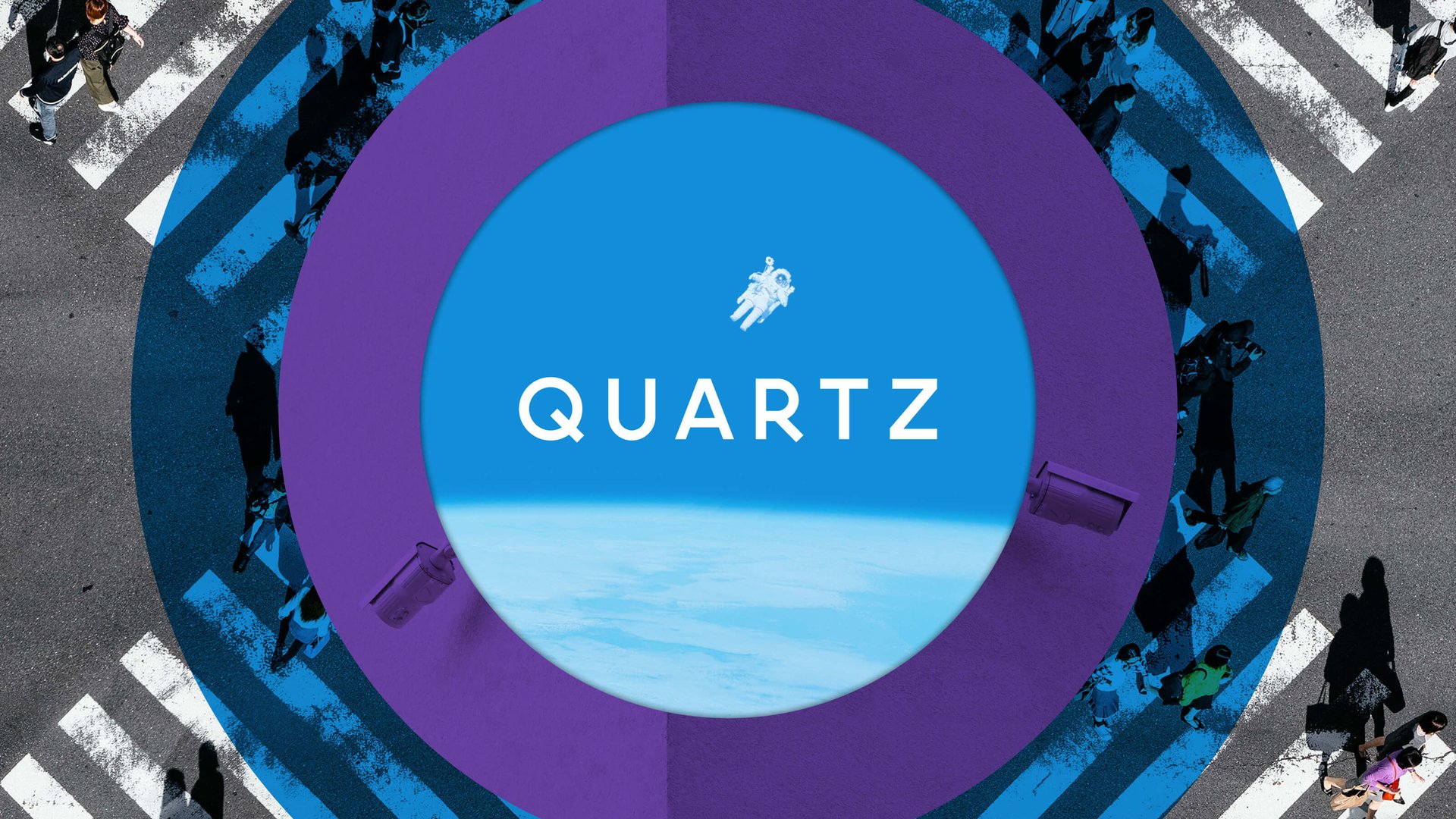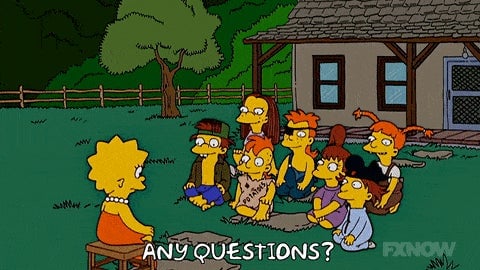Introducing Quartz’s new Obsessions
Halfway through 2020, with coronavirus upending, well, everything, we decided it was time to update our Obsessions, the framework around which we organize our journalism.


Halfway through 2020, with coronavirus upending, well, everything, we decided it was time to update our Obsessions, the framework around which we organize our journalism.
The complexity of our global economy and the gravity of the risks and inequities we face require business—and therefore business journalism—to be more progressive, inclusive, and interested in solving problems. That’s the point of our Obsessions. Each one is a set of questions we’re fascinated by and hypotheses we’re testing. Together, they keep our newsroom focused on the future: on how and why the world is changing, and the challenges and opportunities that come with every major shift in technology, society, and the economy.
For years before I became editor, I was a Quartz reader, and an Obsessions superfan. I loved how they concentrated my attention on the most interesting and important questions, while ensuring that I wouldn’t miss observations that might seem tangential elsewhere but which, in the hands of a Quartz reporter, could turn out to be the key to understanding a much bigger and crucial idea. I hope this list—a representation of the most consequential changes taking places in our world—is similarly useful for you.
🏦 Fixing capitalism
Capitalism is not an organic system, markets are not forces of nature, and companies don’t have minds of their own. They are all collections of human decisions, rules, incentives, predictions, and unintended consequences—and people can change them if they want to.
Recent reading: The US stock market’s wealth generator has failed Black Americans + The Dutch want to make big economic reforms with a doughnut + The case for regulating Amazon like a railroad
🚧 Borders
Borders are arbitrary lines on a map, but they have real impact on where we live and work, and the ways we trade and transact. How porous or rigid they are is determined mainly by policy, sometimes geography, and occasionally by sheer human will. Tax havens, visas, human migration—they all are evidence of a global economy that operates across states and in the spaces between them.
Recent reading: Taiwan’s one-week quarantine rule could be the new normal of business travel + Trump thinks suspending H-1B visas will create jobs for Americans. He’s wrong + Globalization brought us Covid-19—and the tools to fight it
🗺 Beyond Silicon Valley
As tech giants in the US transition from disruptor to incumbent, a new generation of companies around the world are challenging their dominance–and changing the startup playbook along the way.
Recent reading: Even with the country’s richest man backing it, 5G adoption is far off for India + Google’s balloons are bringing internet to new parts of Kenya + Why Silicon Valley is no longer the global model
🛍 How we spend
Shopping isn’t just about acquiring the necessities. It’s a statement by consumers about their preferences, priorities, and increasingly, their politics. Consumers power the global economy, and the choices buyers make can shape industries, build fortunes, and slow climate change.
Recent reading: Is it time for Netflix subscribers to go on strike? + How Covid-19 is transforming the retail industry + The month the entire world signed up for delivery
🧯 The climate economy
To stop the worst of climate change, the world is shifting the way it produces and consumes energy. As businesses and economies chip away at their carbon emissions, they’re creating new markets for more sustainable fuels, products, and even financial instruments. Every industry can be part of the solution—or part of the ongoing problem.
Recent reading: The world is blowing its chance for a green recovery from Covid-19 + The US economy is decoupling from electricity generation + Do oil companies make sense anymore?
🏗 Rethinking cities
Cities have been the source of many of humanity’s greatest triumphs, as well as some of our greatest injustices. But whether or not cities still can claim to be economically essential, they’re going to have to change dramatically to address climate change, inequality, and new technology.
Recent reading: San Francisco is leading the charge to dethrone cars + Can smart cities help residents without hurting privacy? + Why these countries are building new capitals from scratch
📱 Future of finance
Technology is upending everything in finance, from saving to trading to making payments. And some of the most innovative mobile and online financial services are taking emerging markets by storm, bringing millions into the formal financial system for the first time.
Recent reading: A guide to the biggest beasts in the fintech unicorn herd + A Chinese fintech could be bigger than Goldman Sachs and Wells Fargo put together + How the retail trading boom is shaking up the US stock market
🇨🇳 Because China
China is striving for global leadership and has the economic clout to realize its vision. From policing the internet to reordering global trade to cracking down in Hong Kong, Beijing is promoting a worldview that increasingly pits it against the US.
Recent reading: A Cultural Revolution 2.0 is sweeping through Hong Kong’s offices and schools + Covid-19 is changing China’s playbook in Africa + TikTok is too Chinese for the US—and too American for China
🤖 Future of work
Automation, advanced manufacturing, AI, and remote work are dramatically changing the nature of work, while the gig economy is forcing societies to redefine what it means to be an employee. Workers from all walks of life need to prepare for the impact they’ll see in their fields—and prepare for jobs that don’t exist yet.
Recent reading: Corporate execs are starting to get skittish about AI + Teleworking is widening the income gap around the world + Will Covid-19 finally take the idea of work-sharing mainstream?
Why obsessions?
Obsessions have been a hallmark of Quartz’s coverage since its founding. In a 2012 blog post, former editor Gideon Lichfield explains why traditional “beats” are less useful:
When people notice a change in the world around them—a phenomenon—they don’t care what beat it belongs to; they just want to know what caused it. The institutional framework answers the question like the blind men in the Indian parable who are brought an elephant and asked to say what it is. The one who touches the elephant’s leg says it is a pillar or tree trunk, the one who feels the tail declares it to be a rope, and so on. But to unpack something like the financial crisis you can’t simply talk about securities, interest rates, and banking regulation; to understand China’s activities in other parts of the world you need to be more than just a China specialist; to comprehend climate change you need science, economics, domestic and international politics, and more besides. To explain the world’s big phenomena you need to see (or feel) the whole elephant.
Taking questions
Some of our best stories come from readers: questions you’re fascinated by and hypotheses you’re interested in seeing tested. As you follow our Obsessions—here, in the Daily Brief, and in our weekly field guides—don’t hesitate to share queries about any of them. Here are some good reader Qs that have kicked off stories lately:
- Are disinfectant wipes bad for the environment?
- Which companies benefit from all the Huawei skepticism?
- What planet is the stock market on?
Send questions our way directly using [email protected].
